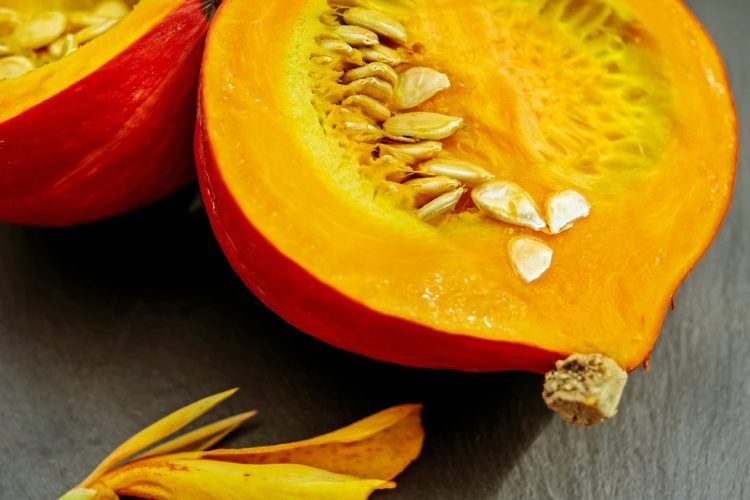Seeds are a storehouse of the potent power of heart-healthy mono and polyunsaturated fats, fiber, protein, and vitamins.
Since seeds are so nutrient-rich, you do not need to consume that many to get the benefits. The accurate serving size differs depending on what kind of seed one is eating, but a good general procedure is to look for a 200-calorie serving (2 tablespoons) per day.
Each seed is going to have a bit of different nutrient composition, so eating a variety will provide you the diversity in nutrients.
Also, people with nut allergies are usually able to tolerate seeds.
In this article, Delhi’s Top Nutritionist Avni Kaul talks about healthy seeds that you need to include in your diet. Here, are some.
Poppy
These tiny seeds are pleasantly crunchy and high in B vitamins, which may assist boost your brain function.
Flax
Flax seeds have ALA, a kind of omega-3 present in plants. They are also high in minerals such as magnesium, manganese, and thiamine.
Pumpkin
They are also known as “Papitas” and these big greenish seeds are rich in zinc, which is an important player in fertility.
Chia
Chia seeds are a good source of protein, particularly for vegetarians. They are rich in iron, folate, calcium, magnesium, omega-3 fatty acids and soluble fiber. They are ideal for weight loss and keeps your heart healthy.


